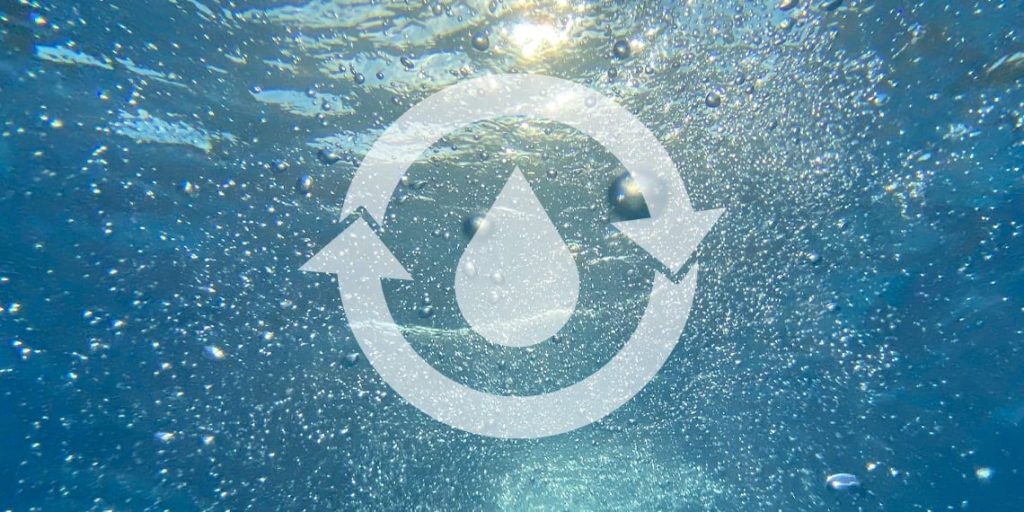
The government has proposed new rules for the use of wastewater. These rules impose strict responsibilities on water users and set a target of minimum 50% wastewater use by 2031. Under these rules, all large users of water will be required to register and implement comprehensive wastewater treatment measures. Entities consuming more than 5,000 liters of water per day are defined as large users.
The Ministry of Environment, Forest and Climate Change has presented the outline of the proposed rules on October 7. According to it, the minimum percentage of wastewater use will increase further for new large users. It will start from 20 percent in FY 2027-28 for residential societies and reach 50 percent by FY 2031.
Similarly, institutional and commercial institutions including government and private offices will have to use 20 percent treated wastewater initially. Later, this figure will increase to 40 percent from the financial year 2030. But industrial units will have to use 90 percent treated wastewater from the financial year 2031.
In contrast, the initial targets for existing large users have been set low. For residential societies, 10 per cent wastewater reuse has been made mandatory initially while it is proposed to increase it to 25 per cent by FY 2031. But for institutional and commercial users, the figure is proposed to start from 10 per cent and increase to 20 per cent within the same time frame.
The ministry’s proposed framework also talks about extended user responsibility (EUR), which requires users to treat and reuse wastewater in proportion to their consumption level. Wastewater refers to water used in toilets, bathrooms, washing machines or kitchens.
The ministry has sought public opinion within 60 days on these draft rules, which will come into effect from October 1, 2025. This initiative is inspired by the emphasis on water conservation. Due to limited water resources, recycling of water has become extremely necessary.
The Central Pollution Control Board, in its guidelines for the use of treated wastewater in the context of circular economy issued in February, stressed that the practice of reusing treated wastewater in India is very minimal. Many state governments have not paid much attention to this during policy planning.
As per the board’s guidelines, domestic wastewater is treated and reused only in seven states and union territories – Delhi, Gujarat, Haryana, Madhya Pradesh, Tamil Nadu, Chandigarh and Puducherry. It is generally used for gardening, irrigation, non-contact dams, washing (roads, vehicles, trains), construction and industrial activities.
India has the capacity to treat about 3666.8 crore liters of wastewater per day while 7236.8 crore liters of wastewater is generated daily. The guidelines state that the cost of setting up a wastewater treatment plant of 4 crore liters per day capacity is about Rs 85.10 crore. But after a huge capital investment, this plant can generate a revenue of about Rs 7.77 per liter of treated wastewater during its operational life of 8 years.
 Lucknow Press
Lucknow Press
